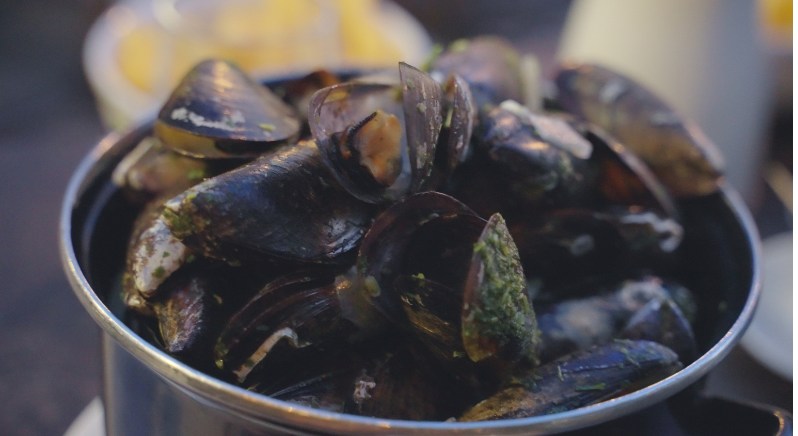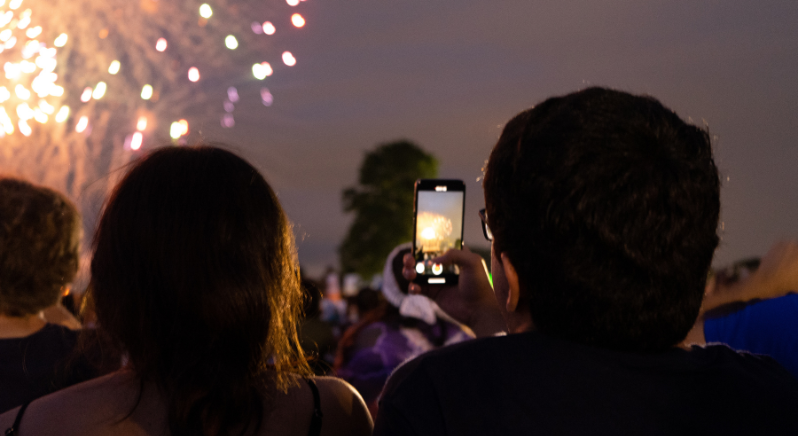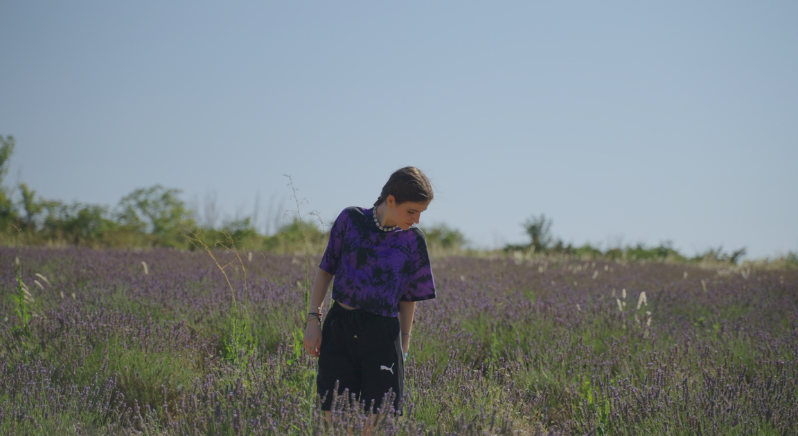Pop culture has an undeniable influence on languages around the world, and the French language is no exception. This article explores how the vibrant world of pop culture impacts the French language, shaping slang, expressions, and everyday communication.
The Evolution of Slang
One of the most noticeable ways pop culture affects the French language is through slang, or “argot.” French slang evolves rapidly, often reflecting the latest trends in music, cinema, fashion, and social media. For example, the influence of American hip-hop has introduced terms like “swag” and “cool,” which have been seamlessly integrated into everyday French conversation.
Moreover, contemporary French rap and hip-hop artists, such as Aya Nakamura and Orelsan, have significantly contributed to the development of urban slang. These artists not only entertain but also introduce new words and phrases that quickly become part of the youth’s vernacular. For instance, Aya Nakamura popularized the term “pookie,” which refers to a snitch or an informant. Orelsan’s use of “basique” to describe something ordinary or unremarkable has also caught on widely. Understanding this evolving slang can help international students better grasp the informal and social aspects of the language.
Learn some slang words here: https://gogofrance.com/en/blog/classic-french-slang-words/

The Influence of Verlan
Another significant aspect of French slang influenced by pop culture is verlan, a form of wordplay that involves inverting the syllables of words. This linguistic phenomenon is particularly popular among French youth and is often used in music, movies, and everyday conversation. Verlan not only adds a playful twist to the language but also serves as a marker of cultural identity and belonging.
Some common examples of verlan include:
- femme becomes meuf (woman)
- lourd becomes relou (heavy, used to mean annoying)
- flic becomes keuf (cop)
- arabe becomes beur (Arab)
- bizarre becomes zarbi (weird)
Verlan is constantly evolving, with new words and expressions being created and popularized through music, particularly rap and hip-hop, as well as social media. Artists like Booba and Niska frequently use Verlan in their lyrics, introducing it to a wider audience and ensuring its continued relevance in modern French slang.
Learn some verlan words here: https://gogofrance.com/en/blog/10-verlan-words-you-should-know/

Pop Culture in Everyday Speech
French people often incorporate references from popular movies, TV shows, and songs into their daily conversations. For instance, phrases from classic French films like “Le Fabuleux Destin d’Amélie Poulain” or popular TV series like “Kaamelott” have become part of the colloquial language. Recognizing these references can provide international students with deeper insights into French humor and social interactions.
Additionally, global pop culture phenomena, such as the Marvel Cinematic Universe or the Harry Potter series, also find their way into French conversations. These references serve as a common ground for people from different backgrounds to connect and communicate, making it easier for international students to bond with their French peers.
The Digital Age and Language Transformation
The rise of social media and digital communication platforms has further accelerated the impact of pop culture on the French language. Platforms like Instagram, TikTok, and X are hotbeds for new expressions and trends. Hashtags, memes, and viral challenges often introduce new vocabulary and phrases that quickly spread among users.
For example, the term “seum,” which originated from Arabic slang and means frustration or disappointment, became widely popular on social media before entering mainstream use. Staying updated with these digital trends can help international students stay current with modern French usage and better understand their peers’ communication styles.

The Role of English in French Pop Culture
English plays a significant role in French pop culture, primarily due to the global dominance of American entertainment. Many English words and phrases are borrowed and adapted into French, especially in areas like technology, fashion, and music.
Some terms are now commonplace in French:
- email – courriel
- startup – jeune entreprise
- cloud – nuage
- bug – bogue
- fashionista – adepte de la mode
- vintage – rétro
- must-have – indispensable
- streetwear – vêtement de rue
- hit – tube
- single – titre
- playlist – liste de lecture
- like – j’aime
- follow – suivre
- stream – diffusion en direct
- gamer – joueur
- level up – monter de niveau
- noob – débutant
- game over – fin de parties
The impact of pop culture on the French language is profound and multifaceted. For international students, understanding this dynamic can enhance their language learning experience and help them speak more like native French speakers.











